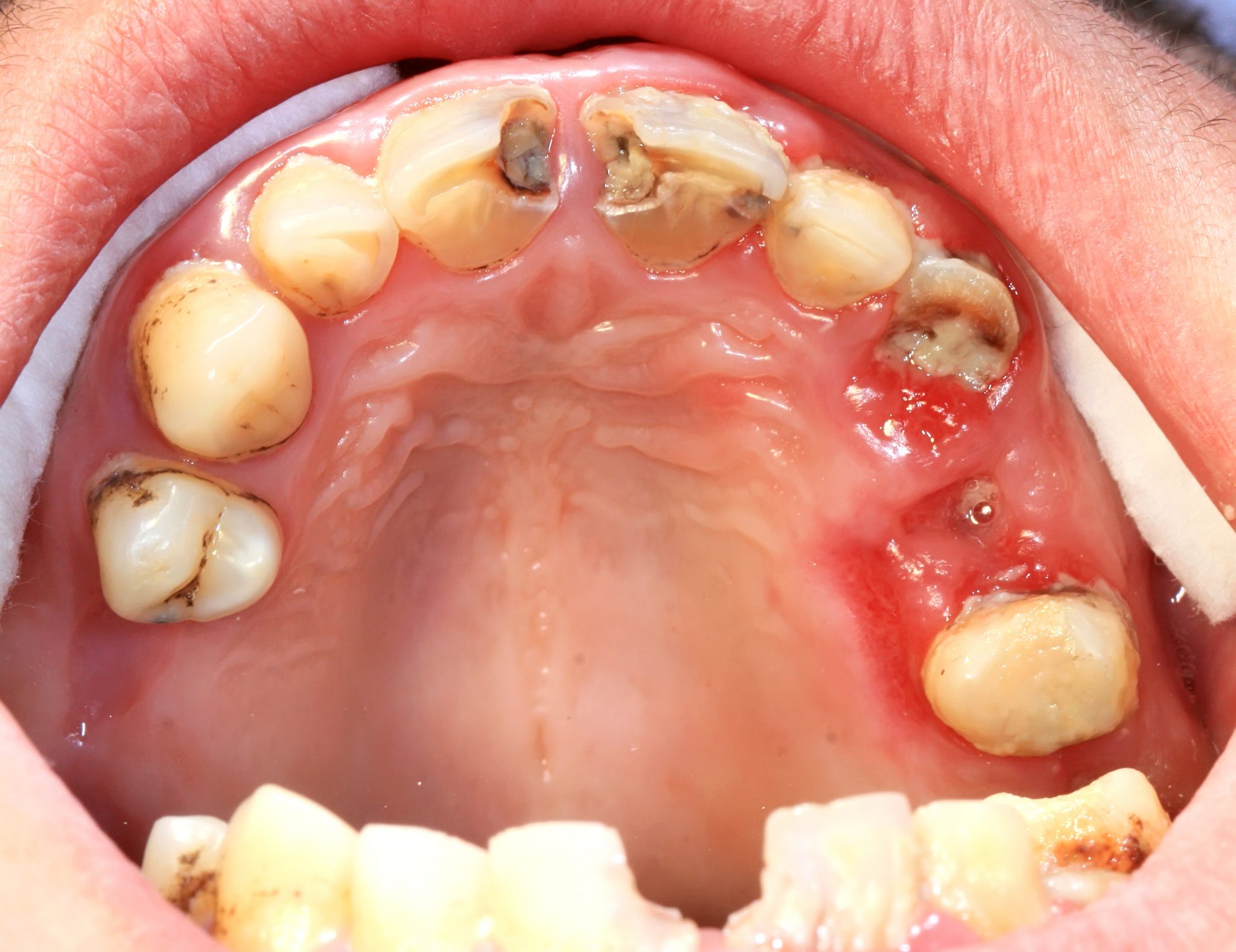Study shows non-smokers more likely to develop mouth cancer
NewsPosted by: Dental Design 28th March 2018

The Oral Health Foundation has reported that new research has revealed that non-smokers face a substantially higher risk of developing mouth cancer than smokers if they have precancerous lesions in their mouth.
450 patients with precancerous lesions were assessed by researchers from the University of British Columbia and they were able to conclude that non-smokers were more than twice as likely to see them develop into mouth cancer than smokers.
The study found that the different between smokers and non-smokers was due to a difference in the root causes of the lesions. In smokers, they were likely the result of environmental factors, whereas in non-smokers, genetic susceptibility or mutations were the probable cause.
The Oral Health Foundation is calling on everybody to be alert to the early signs of mouth cancer, as the earlier the cancer is caught, the higher the chance is of beating it.
Chief Executive of the Oral Health Foundation, Dr Nigel Carter said: “Smoking may be the leading cause of mouth cancer, linked to around three in every four cases, but non-smokers need to be just as vigilant in spotting and acting on any changes to the mouth.
Catching mouth cancer early can dramatically increase your chances of beating the disease so it is vitally important to check regularly for the early warning.
Everybody should be alert to mouth ulcers which do not heal within three weeks, red or white patches in the mouth and any unusual lumps in the head and neck area. If anybody has any of these signs, you should visit your dentist or doctor straight away.
Mouth cancer is beatable, but you must act quickly. The key to this is being alert to the early warning signs and seeking immediate help when you notice anything suspicious.
In addition to conducting self-checks at home, the more regularly you pay visits to the dentist, the better chance you have to spot anything unusual at an earlier stage.”








